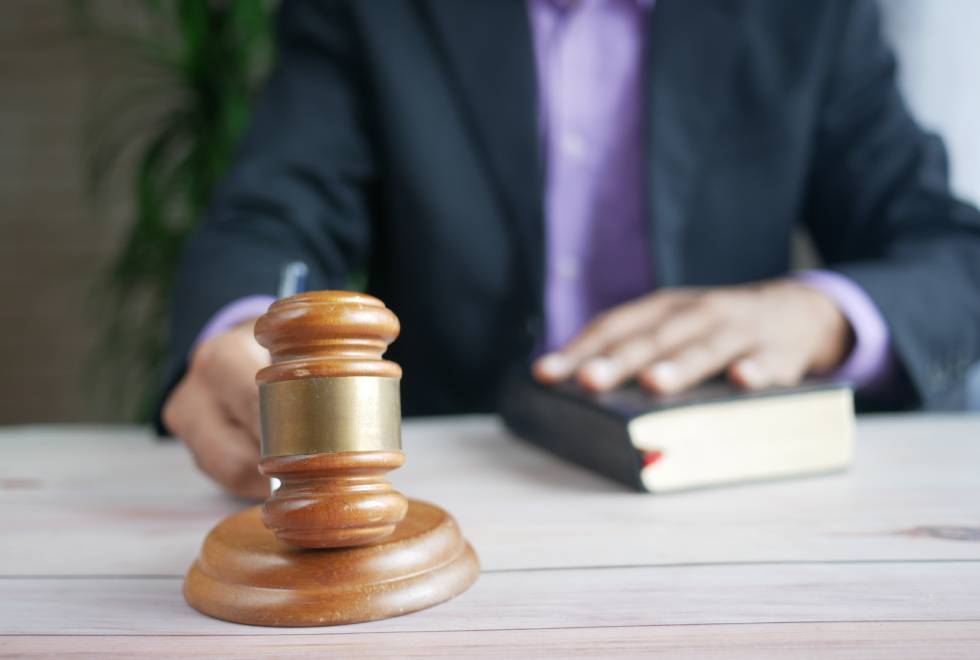
“Everything has its own justice”
Quintilian
“The love of justice is simply in the majority of men the fear of suffering injustice.”
François de La Rochefoucauld
“We would all be fools to pray for justice”
Lois Bujold
We all get angry about injustice or the situations that we subjectively see as unfair. This feeling arises in us when we believe that our rights have been grossly violated or that our dignity has been hurt. The need for justice is one of the most important social needs.
Our inner child often reacts to injustice resenting what is happening.
When an unpleasant story happens, when we feel that our rights have been violated, we need to try to switch our point of view from a child-like to an adult. And an adult knows that:
○ Nobody promised to be fair. The world is unfair. And it would be easier to just accept it as a starting point.
○ We, as a rule, understand justice as a reward for actions. That is, a good person should be rewarded, and a bad person should be punished. Not only does every person have their own understanding of these ambiguous categories of “good or bad”, but such reasoning also is based on a child-like presumption that a powerful someone will judge, protect, determine who is right and who is guilty, and in a broader sense, “will reward us according to our deeds.”
A similar understanding exists in a religious context. But there, too, justice is assumed to be “delayed”. But here, on Earth, we are still waiting for someone to come and do justice.
This sounds somewhat childish, doesn’t it?
Sometimes you want to dream about an extremely simple system: if you act well – you enjoy life, and if you act horribly (and most people do understand when they act badly) – and you get unpleasant “feedback” in some form… even if it is just a reprimand. Simple and straightforward.
But the fact is that the majority will not understand why they are given this “feedback”. They will be surprised and complain about… the injustice of life. They will not be able to understand that this is a response to an inappropriate action.
So, is this a catch-22?
How do you respond to everyday injustices without hurting your self-esteem and losing a good mood?
Self-therapy can be an essential tool for personal growth and self-improvement.
Browse through our courses and see the positive changes they can bring to your life.
You are not sure where to begin?
○ Recall that each person has their own system of values, and therefore their own view on what is considered important and what is not.
○ Before reacting, try to consider the situation from a different angle. Does it look from a different point of view the same way as you immediately assessed?
○ Think about whether it is important for you to “rush into the battle” right away. What will you win and what will you lose by having a fight defending your rights?
○ Sometimes it’s worth reformulating in your head the exclamation “what for?” into a calm “how can I use this?”. That is, what can I learn from this situation, what experience can I gain? This is much more useful and productive.
○ Feel the difference between “keeping angry silence” and making a conscious decision to ignore the impudent person in the next car at the traffic light; give up the parking spot you were patiently waiting for when someone else swoops in and takes it, laugh at those who “drove away” your shopping cart at the store.
○ When you are angry inside, you have already lost, wasting your nerves, energy, mood, and health on a trivial situation! When you deliberately decide not to engage in a conflict and reduce the significance of what is happening, you remain the master of the situation, which means that you feel yourself above all this fuss.
Of course, it is unlikely that you will become completely resilient to offensive remarks, unceremonious treatment, or “unfair” assessments. But if you can at least reduce their strength of influence, so that it does not hurt so much, this will already be a good step towards reducing everyday stress.
Sometimes your Ego whispers hurtful thoughts about injustice towards you, and sometimes this has nothing to do with objective reality.
And sometimes what seems unfair to you is quite deserved, if you find the strength to look at the situation in a little more detached way and see that this is just a response to some of your actions – as a cause and effect.
There are things (causes, people, principles) that need to be fought for, that need to be defended, but this is a completely different category.
And making this distinction is a sign of a wise person.
Help us grow on Instagram 👇